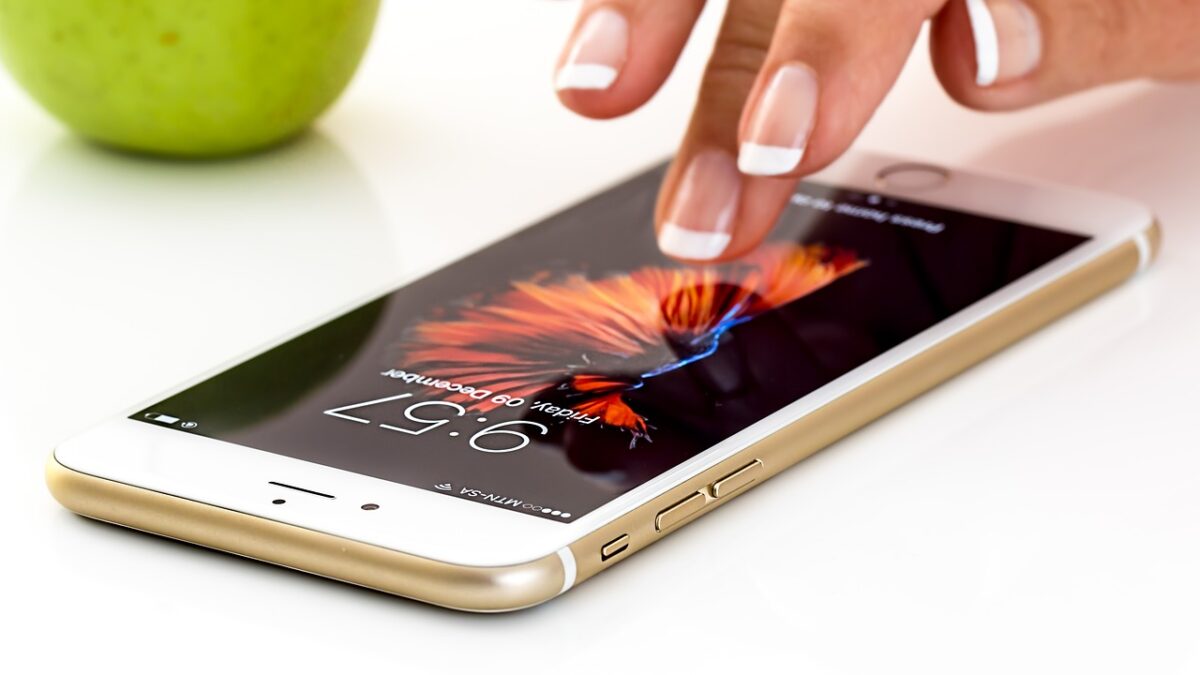Your phone is something with enormous value. Not only is it an expensive piece of electronic gadgetry, it also transmits and stores lots of personal data, which can be exploited by fraudsters and thieves. To keep yourself secure, it’s worth bearing a few safety tips in mind.
Table of Contents
ToggleBe careful in public places
If you’re in public, then thieves have a chance to swipe your phone – especially if you’re using it while walking down the street. Be aware when you’re getting off crowded trains, or you’re in the middle of a busy shopping centre. As well as the physical theft of your phone, it’s also worth worrying about public WiFi, which can present an opportunity to unscrupulous third parties to intercept your data.
Block your device in case of loss or theft
If your phone is stolen, then you’ll need to report it stolen and pass your IMEI number to the police. This is a unique identifier for your phone, which will allow the network to block it. If you report the theft promptly, then you will be able to limit the amount that a thief can use your phone, and thus the size of the bill they can run up.
Use a VPN
A Virtual Private Network is a way of ensuring your online privacy. When you browse the internet normally, your IP address is exposed. This means that hackers can target you, and presents privacy concerns, too. A VPN gets around this by routing all of your internet traffic through a central server, where it’s jumbled up with that of thousands of other users. There are several different VPN providers available, most of which will sync between your phone, desktop and other devices.
Take out insurance
Specialised mobile phone insurance will cover you against these particular kinds of losses. For example, if a thief runs up a phone bill into the hundreds of pounds, your insurer will pay out. You may also need coverage against the loss of business you suffer as a result of your phone, or your data, being compromised.
Save your Data on the Cloud
Storing your data on a remote server means that you aren’t vulnerable to loss in the event that your phone is stolen or damaged. For example, if every photo you’ve ever taken for the last decade is stored in a little flash drive on your mobile phone, then you might lose it in an instant. If it’s out there on the cloud, then this risk is almost negligible. You’ll only ever lose your data if several different server farms are destroyed at once – and if that happens, then you probably have bigger problems than the loss of your phone!
Also Read: Things to Know Before You Fly a Drone
Related posts
Hot Topics
Understanding TruthFinder’s Background Check Features
Background checks have become increasingly relevant for personal safety and information gathering in digital environments. TruthFinder offers comprehensive background check…
How MLOps Is Shaping the Future of AI in Business
Artificial intelligence (AI) has evolved from a futuristic idea to a strategic necessity for companies looking to innovate, grow, and…



